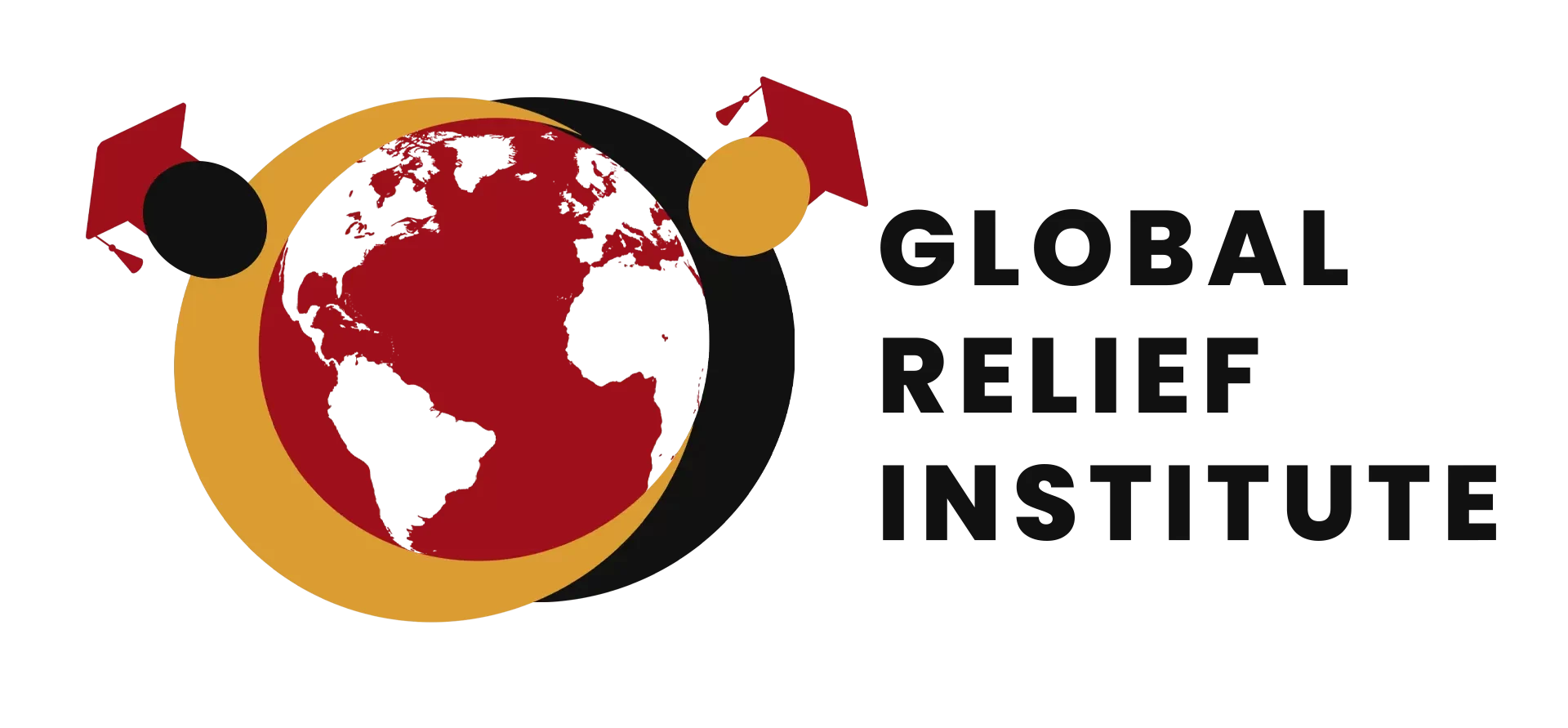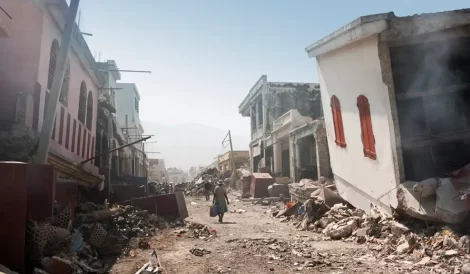Course Overview
The right to adequate food is recognized in international legal instruments including declarations, which are nonbinding and conventions, which are treaties that carry the force of the law. The Convention on the Elimination of All Forms of Discrimination against Women in 1979 and the Convention on the Rights of the Child in 1989 state that states and non-state actors have responsibilities in fulfilling the right to food.
It is the state’s obligation to respect the freedom of individuals in realizing and protecting their rights. Refugees and displaced people have the same human right to food as do non-refugees. Deliberate starvation or destruction of livelihoods such as production of crops and livestock as a war strategy is a violation of international law. Marginalized populations are vulnerable to food insecurity because of poverty.
Course Objectives
- Define common nutritional deficiencies in emergencies and specify how these should be corrected
- Assess population nutrition status and household food security
- Determine how a food assistance should be targeted, provided and monitored
- Discuss the dynamics of food assistance in the emergency context, including policy factors, key organizations involved in provision of food assistance, and current food crises
Course Content
- Overview on nutritional concepts
- Macro and micro nutrient malnutrition
- Nutrition assessment in emergencies
- Infant and young child feeding in emergencies
- Food security approaches
- Nutrition response in emergencies
- Monitoring and evaluation of nutrition programs
Assignments
In order to demonstrate their understanding of the course content, students will be required to complete and submit three assignments.
DURATION: 6 Months
REGIONS TARGETED: Global
COURSE FEE: €1000
ORGANIZERS: GRI
LANGUAGE: English and French
FORMAT: Online Learning
GENERAL COURSE CONTACT:



